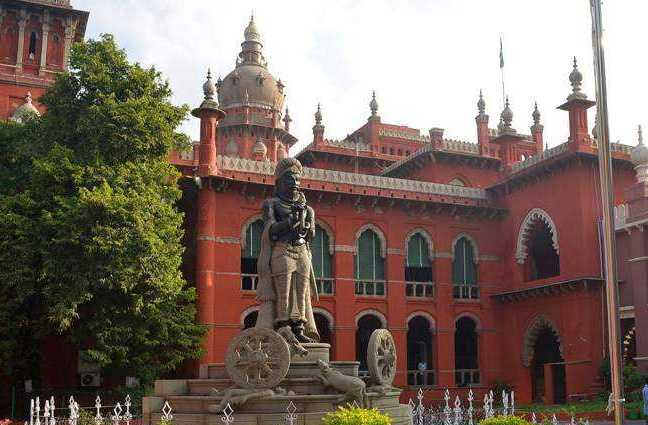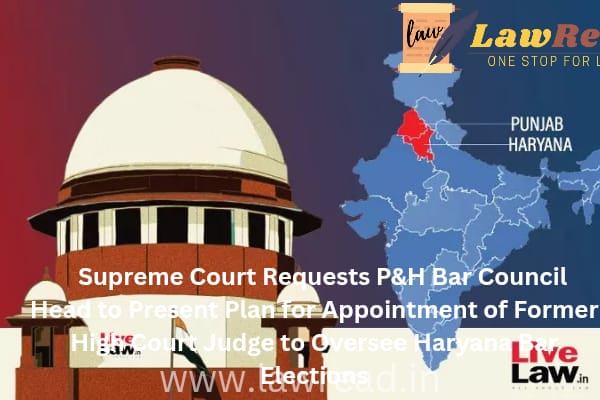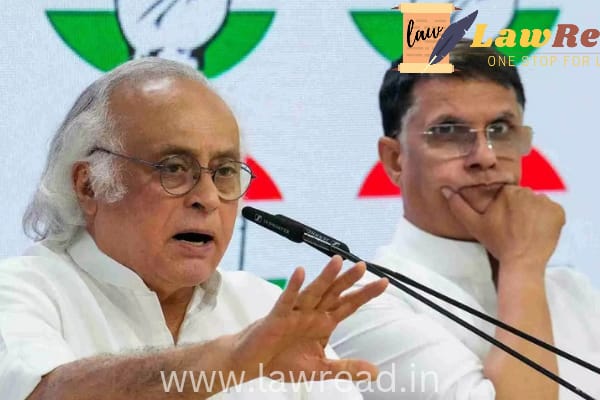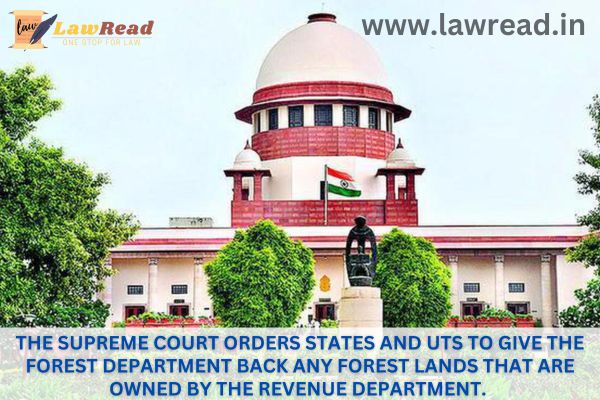News
The Bombay High Court dismisses a Muslim father's argument that religion is not a deciding factor in child custody cases.
As the child's natural guardian, the father claimed that he should be granted custody of his three-year-old daughter under Muslim law.
.jpg)
On Monday, the Bombay High Court noted that religion is not the primary determining element in child custody cases, but rather one of several factors [S v State of Maharashtra].
The statement was made by the bench of Justices Sarang Kotwal and SM Modak when they denied a Muslim father's habeas corpus request to see his three-year-old daughter, who is presently in Delhi with her mother.
The petitioner argued, among other things, that the father is the child's natural guardian under Islamic law.
But the Court stated,
"In these situations, the court considers more than just a party's religion when determining the child's welfare. Although it is one of the factors, the minor's religion is not the most important one. It is merely one of the several elements that the Court must take into account while determining what is best for the minor's welfare. We believe that a three-year-old girl kid would benefit from being in her mother's custody.
Having lived with him since her birth in 2022, the petitioner, a Mumbai resident, claimed that his wife, a US citizen, had secretly removed their daughter from Mumbai.
He asserted that his wife was an inappropriate guardian because she had no permanent ties to India because of her frequent travels for her job as a fashion stylist and social media influencer.
He further maintained that he should be granted custody since he was the child's natural guardian under Muslim law.
Nonetheless, the Court stressed that, unless there are extraordinary circumstances to indicate otherwise, custody of young children with their mothers is typically in their best interests.
Generally speaking, unless there are specific circumstances that suggest it would be detrimental for the girl child to stay in the mother's custody, the mother should ideally have custody of a girl child who is about 7 years old. The child in this instance is just three years old.
The Court dismissed the claim that the wife would find it impossible to give their daughter the care and stability she needs due to her "erratic" lifestyle brought on by her company.
"It is a disputed fact which cannot be held as the truth to deny the custody of the child to the mother,"
added the statement.
Additionally, the Court believed that the Guardians and Wards Act of 1890 provided the petitioner with an alternate remedy.
Importantly, the petitioner's wife had previously filed a lawsuit under the Guardians and Wards Act in New Delhi. The court was informed that a Delhi court had ordered the father to refrain from taking the child away from her mother by force.
As a result, the High Court denied the father redress. To allow the father to seek the proper legal remedies under the Guardians and Wards Act, it did, however, prolong the temporary order prohibiting the child's removal from India for an additional sixty days.
On behalf of the father, Senior Advocate Aabad Ponda appeared with attorneys Fazaa Shroff, D V Deokar, Sachin Pandey, and Mustafa Shroff under the guidance of Fazaa Shroff.
JP Yagnik, an additional public prosecutor, represented the State.
In support of the mother, Senior Advocate Harish Salve was joined by attorneys Taubon Irani, Danish Aftab Chowdhary, and Shreyas Chaturvedi.












